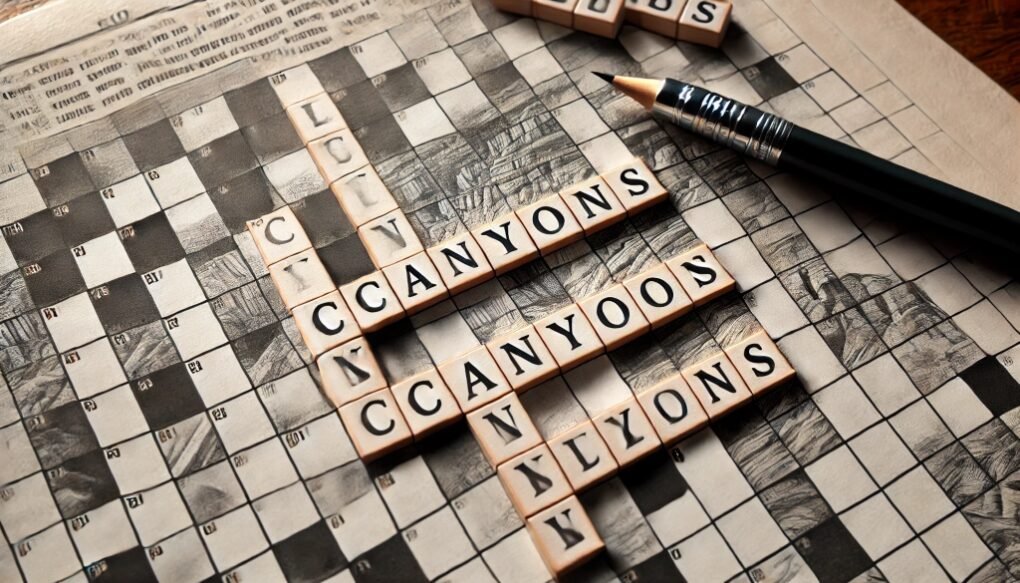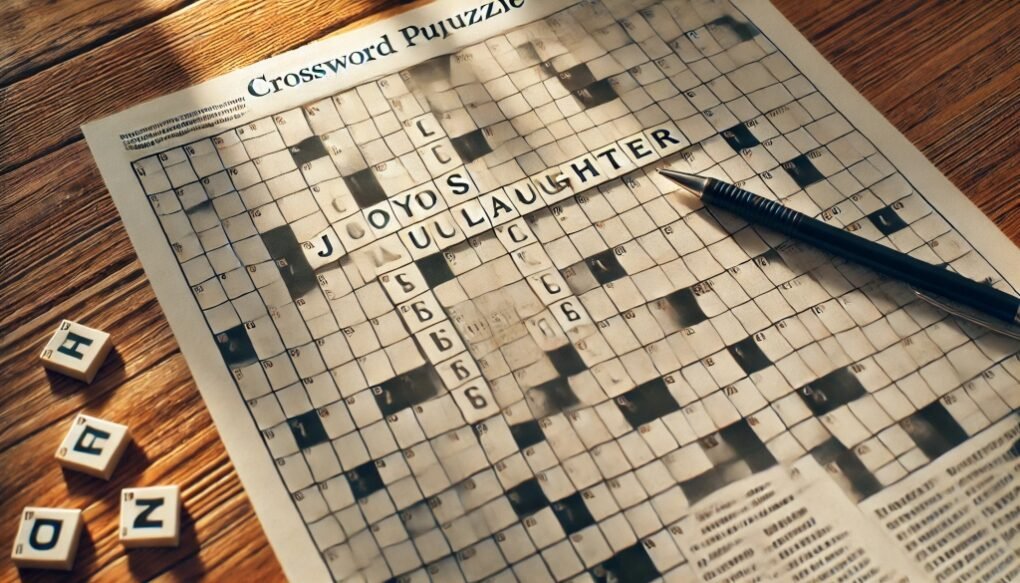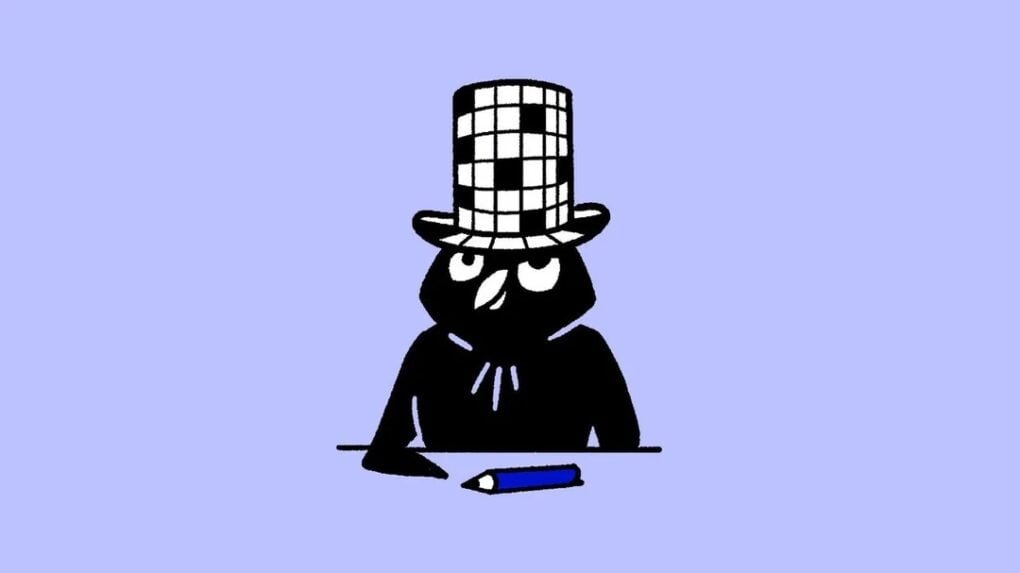Crossword puzzles are a beloved pastime for many, offering both a challenge and a sense of accomplishment upon completion. One common clue that often stumps solvers is ‘Spot of Tea NYT Crossword, to a Brit.’ If you’ve encountered this clue in the NY Times Crossword, Daily Celebrity, Telegraph, LA Times, or other daily crossword puzzles, you’re not alone. In this blog post, we will explore all possible five-letter answers to this tricky clue.
Understanding the Spot of Tea NYT Crossword
The phrase ‘spot of tea’ is a colloquial expression used predominantly in British English to refer to a small amount or serving of tea. When this clue appears in crosswords, it typically seeks a British term or slang associated with tea. Knowing this can help narrow down potential answers and make solving the puzzle a bit easier.
Common Five-Letter Answers
Here are some common five-letter answers that you might encounter for ‘spot of tea, to a Brit’ in various crosswords:
1. Break: A short rest period during which tea is often consumed.
2. Cuppa: A shortened form of ‘cup of tea,’ commonly used in British English.
3. Tease: Though less direct, it can fit crosswords where the clue involves a wordplay or pun.
Tips for Solving Spot of Tea NYT Crossword
When faced with the ‘spot of tea, to a Brit’ clue, consider the following tips:
1. Context: Look at the surrounding clues and answers. Sometimes, the context can provide hints that make the solution clearer.
2. Synonyms: Think of British synonyms or slang terms for tea and see if they fit the letter count and puzzle grid.
3. Crossword Patterns: Familiarize yourself with common crossword patterns and terms, as these can often recur in various puzzles.
Conclusion
Solving crossword puzzles can be incredibly rewarding, especially when you crack a tough clue like ‘Spot of Tea NYT Crossword, to a Brit.’ By understanding the clue and considering common five-letter answers such as ‘break,’ ‘cuppa,’ and ‘tease,’ you’ll be better equipped to tackle this and similar puzzles in the future. Happy puzzling!










